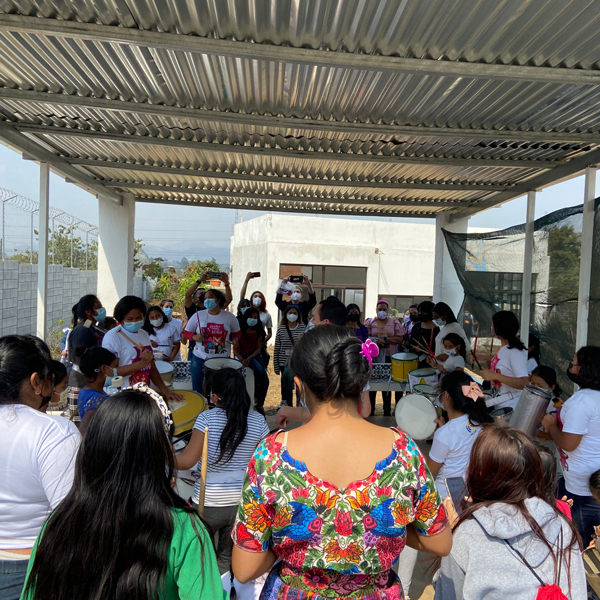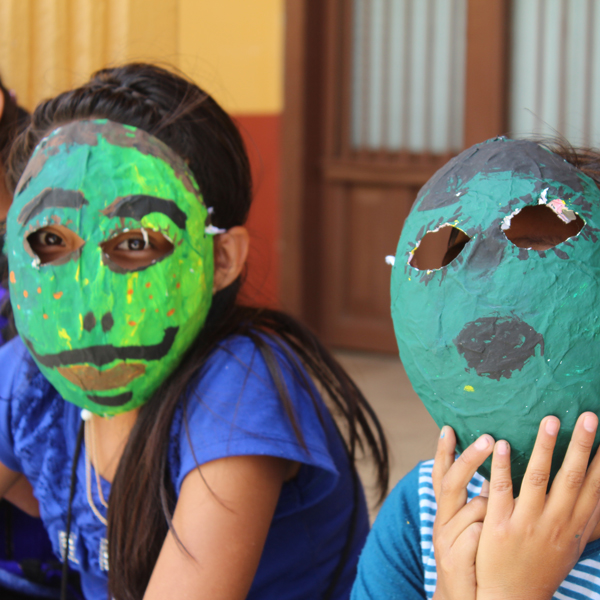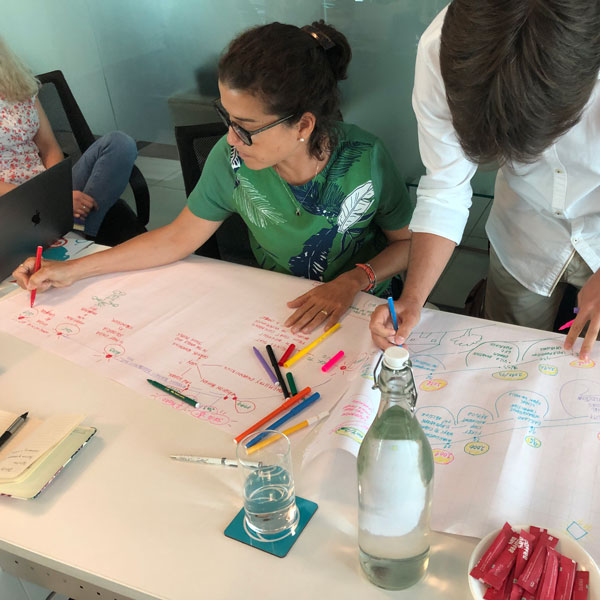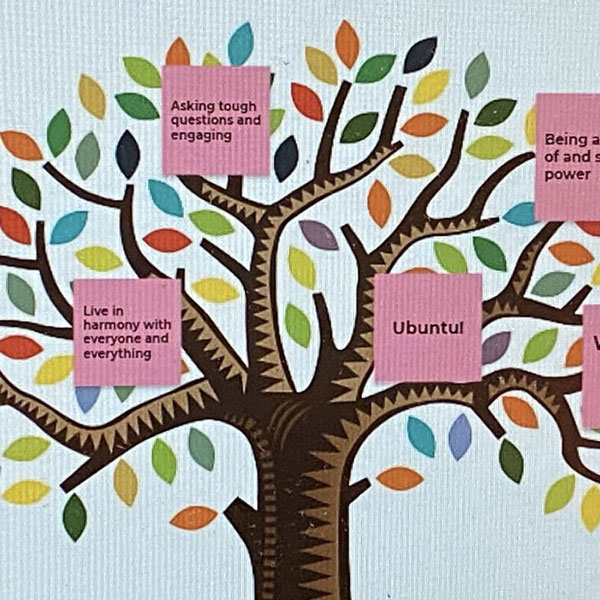Editor’s note: This post is also available in Spanish.
GFC’s Regional Co-Director for the Americas, Rodrigo Barraza, reflects on how we can practice kindness and promote wellbeing, especially during challenging times.
We live in difficult times – there is no doubt about it. Just when we were beginning to return to normality after two years full of fear and uncertainty, old ghosts resurface and confront us.
War has set in again. Authoritarianism and polarization have fractured our communities. The inequalities deepened by the pandemic seem almost impossible to reverse.
However, there is still hope. In the face of pain, many bet on life, human interactions, and solidarity. Many of us refuse to accept the reality in front of us and are sure that a more just, inclusive, and dignified world is possible.
I am not just talking about ideals or good intentions. I am talking about concrete actions that are carried out every day to shift power and advance social change.
The philanthropic sector is a great example. Increasingly, international donors are committed to building relationships based on trust and transparency. At GFC, we are determined to continue influencing other foundations and organizations to adopt flexible and multi-year financing aimed at community wellbeing.
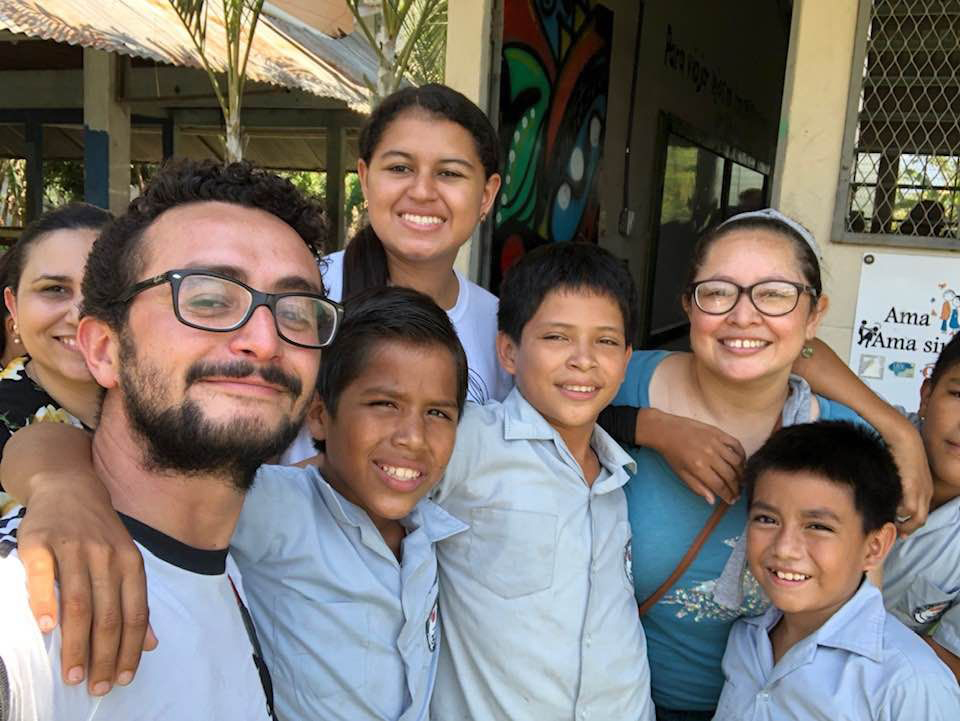
I see firsthand how more and more donors are willing to join this movement to transform power – first by recognizing the power imbalances in international cooperation, and then by committing to more balanced and horizontal practices in service of common objectives.
As donors begin to adjust their systems, funding programs, and accountability mechanisms, we realize that it is possible to operationalize deep human values, such as trust and justice. In other words, we can transform these values into daily and specific practices that become part of our organizational culture. And this is extremely powerful.
But is it enough?
Staying true to our principle of “radically dreaming” at GFC, I believe that it is possible to go one step further.
Now that words like “trust,” “transparency,” and “shared responsibility” are becoming part of the philanthropic dictionary, I propose including one more simple but powerful word: “kindness.”
How can we do this? By remembering that organizations are made up of human beings who deserve to be seen, heard, and recognized.
And by remembering that it’s the everyday actions that count. Those that often do not appear in operations manuals or theories of change.
Here’s how we do it:
- Know the names of the people who are part of the partner organizations we support. Ask them how they are – not out of obligation or courtesy, but because we care about their lives and their struggles.
- Stay in touch with our partners – not just because we need information or because we have to write a report, but because we want to let them know that we are here for them, in the good times and in the bad times.
- Visit our partners, spend time with them, be curious, and always be willing to learn from their work. Let our partners know that what they do is amazing and powerful.
- Create safe spaces that allow us to recognize one another, express our emotions, and unleash our inner curiosity and creativity. Don’t forget what is happening out there, but instead transform the world through love and empathy and let others know that they are not alone.
- Give ourselves permission to stop, to breathe, to take the time necessary to think about our wellbeing. Learn to care and be cared for.
- Recognize errors, limitations, and doubts. Know that we don’t always have the answers, and don’t reduce reality to a series of numbers or indicators. Embrace change and transformation.
- Listen. Not to answer or give advice, but to try to understand what is happening. Listen to make others feel valued.
- Be tolerant and optimistic, acknowledging and celebrating those small victories that, perhaps not immediately, are changing the world.
Kindness requires practice and discipline. Constant work and introspection. It’s like playing an instrument. It is something you have to practice every day.
At GFC, we know that kindness is a value and, at the same time, a responsibility. We strive every day to make kindness a practice that runs through all of our work, even the smallest actions.
Let’s keep working on many levels. Let’s work to transform systems, ideas, and policies that promote fear and hopelessness. At the same time, let’s come closer to one another, supporting our peers, our collaborators, our neighbors.
Let’s strive to build community, one person at a time. Let’s help each other heal. Let’s hold and uplift each other in these dark times.
The world needs our kindness.
Header photo: A young girl smiling for the camera in Chiapas, Mexico. © GFC
